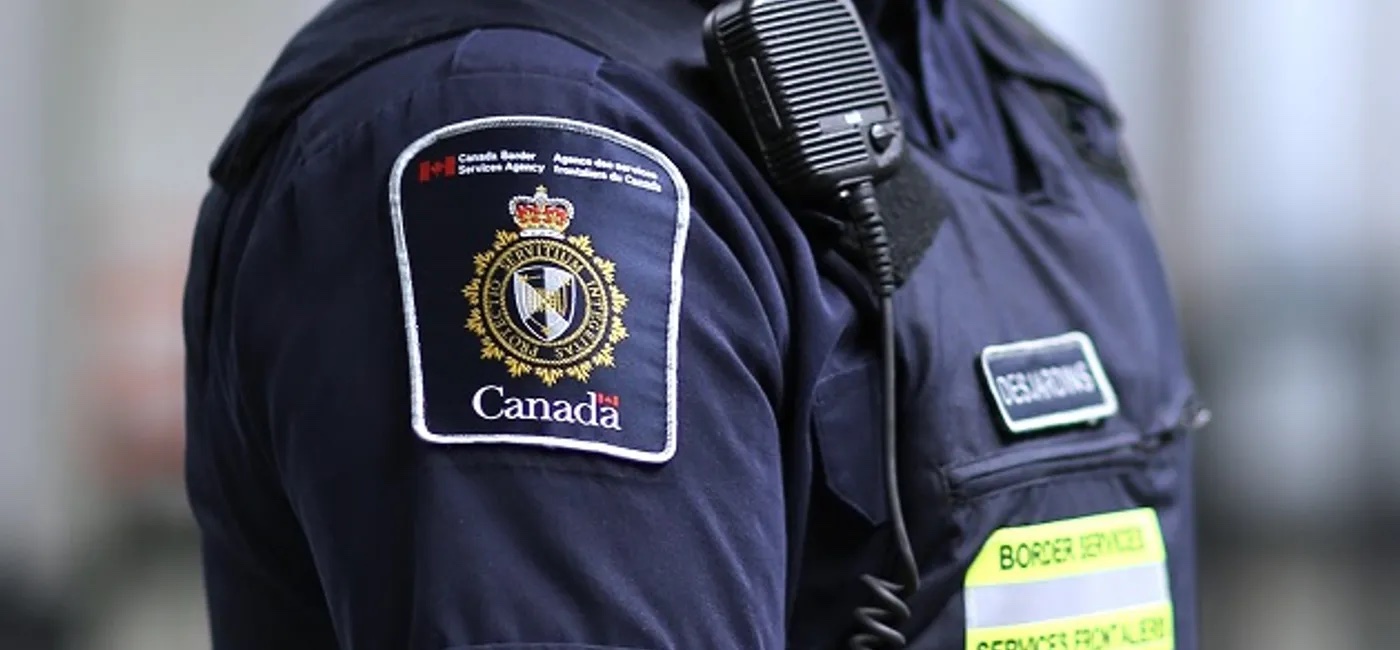By Xan Dagenais – The Liberal government has recently tabled Bill C-22, the National Security and Intelligence Committee of Parliamentarians Act, in order to create the long-awaited committee to look over Canada’s national security activities. As all the other Five Eyes already have such a committee, it is, in theory, a welcome addition to our inadequate national security oversight and review apparatus. Unfortunately, on paper, it falls short in many respects and we have several concerns to raise.
It is also important to keep in mind that this Committee will not be enough. As recommended by Justice O’Connor who presided the Arar Commission from 2004 to 2006 – and as you can see from our analysis of the deficiencies of the current review system – there is an urgent need to implement a strong, integrated and overarching expert review mechanism, separate from Parliament, to examine Canada’s national security activities. But that is for another editorial.
After carefully reading the tabled legislation, here is our analysis.
Oversight or review mandate?
The mandate of the Committee needs to be clarified. The Committee’s mandate as defined in Bill C-22 is to “review” legislation and activities. However, the review bodies’ mandate is to review (as their name suggests), the Committee is supposed to be an oversight committee which is able to scrutinize national security operations and activities before, during and after the fact to ensure that they are not only carried out according to the law but also respectful of human rights. Review bodies only look at national security activities after the fact. Therefore this feature of our accountability system that is severely lacking will not be fulfilled by the present legislation. We have contacted the office of Public Safety and are still waiting for a clarification on this question. We believe a law should be explicit and exact, therefore the mandate of the Committee should be defined as the “oversight of any activities before, during and after the fact”.
Unspecified powers
We are concerned that the legislation does not specify the powers the Committee – and its Secretariat/staff – will have to get the answers they need in the conduct of their “reviews”. Will they be able to subpoena individuals? Will they be able to inspect sites and offices? We do not wish the powers to be narrowly defined but we would expect some clarity on what their powers are at a minimum. Continue reading


